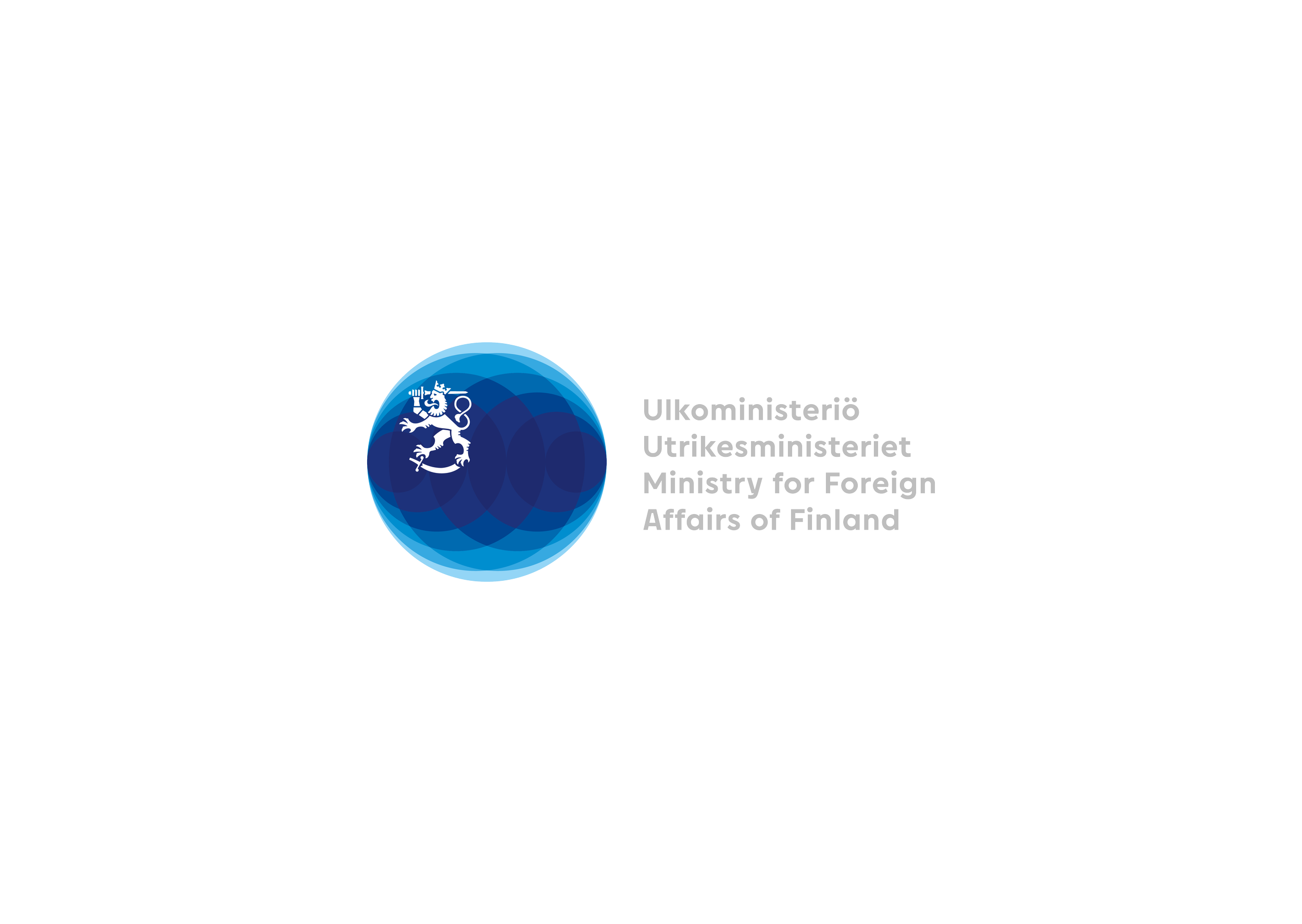Women Fish Farmers discussing their business plans and future diversification of income generation.
Picture: Roseanna Avento.
Almost 300 women fish farmers in Chitwan and Nawalparasi districts in Nepal are organized into three cooperatives and five groups. The Finnish Agri-Agency for Food and Forest Development (FFD) has been supporting them through the ‘Women for Entrepreneurship and Resilience’- transforming fish-farming and forest value-chains’ project. This four-year collaboration aims at enhancing women’s income generation, entrepreneurship and livelihoods resilience. The main project focus is to develop resilience to climate change and disaster-risks, by developing climate-smart production, income generation and community-based enterprises.
The women fish farmers have been receiving training on business planning and have also had workshops to determine how they can diversify their income. In addition, they have been developing their skills through different training on fish product handling and preparation of different fish products. The three cooperatives are now investigating the possibilities of starting their own businesses, which would benefit their members.
Starting a business is no small féte and the cooperatives have well-understood that embarking on such a venture requires long-term commitment and proper planning. Of utmost important is that the business idea is practical, economically sustainable and develops resilience to climate change and disaster-risks. In November, sessions were held with each cooperative to discuss their business ideas. Sundardeep Women Fish Farmers’ Cooperative were investigating the possibilities of embarking on a restaurant business focused on fish food, whereas Mishrit Cooperative was intent on starting a business to produce fish feed for carps. Kapia Women’s Cooperative was still not completely decided on their business idea, however they had four directions in mind: a live fish shop, production of dried fish, production of fish feed for carps and a fish farming utility shop.
Scoping exercises and discussions with each cooperative encouraged them to think of the strengths, weaknesses, opportunities and threats around each of their ideas, while also keeping in mind the resources needed. A major need that was imminent among all the cooperatives was training on production techniques and development of know-how. In addition, they all cited marketing training as necessary, and luckily this was already on the training agenda of 2022. Furthermore, the cooperatives also cited financial literacy as a skill needed for them to succeed in their business. Training on financial literacy will be provided in 2023.
Investments are needed by the cooperatives to cater for permits and licenses for example registration at the municipality level and with the tax authority. In addition, they all need start-up capital. They have all committed to providing some of the start-up capital themselves, and in addition once the feasibility studies on each of the business ideas are done, some start-up capital may be provided by the project.
While the business enterprises seem a big step forward for the cooperatives, this is not totally new ground for them. Sundardeep for instance invested in a fish shop a few years ago, where in exchange for their initial investment, the cooperative receives five per cent of the profits of sales. In addition, Sundardeep provides the shop with 100-150 kg/year of fish, Kapia Women’s Cooperative about 700-800 kg/year and Rai Women’s Group about 1300 kg/ year. The shop sells about 5000 kg / year of fish. Fish sold include: big-head carp, silver carp, rohu and pangasius.
Embarking on a new cooperative business will, however, require a lot of careful planning and decisions. The women fish farmers in the Nepal Terai are struggling with the same question women entrepreneurs in developed countries struggle with: will I have enough time? how do I balance the business with my family life and my household chores? At the same time their motivation to start fish farming related businesses is imminent. When asked what made them proud as fish farmers, they replied: ‘I can make my own income’, ‘I can have my own ponds and not work for others’ and quite strikingly, ‘We women are proud that we can do something on our own. We also pride ourselves on being independent and being able to build our identity in society’.
Some questions still remain open, for example, which of the business ideas will actually be feasible and which of the ideas will we take forward together. One thing that is not uncertain, however, is these women will make it, because they believe and they can.
Roseanna Avento
Kobe Global
Twinning Partner Representative Finnish Fish Farmers’ Association
………………………………………………………………………………………………………………………………………………………….
The project: ‘Women for Entrepreneurship and Resilience - transforming fish-farming and forest value-chains’ project in Nepal’ is funded by the Ministry for Foreign Affairs of Finland from 2021-2024












